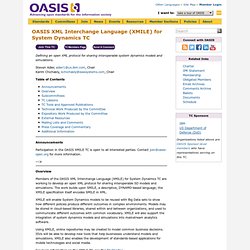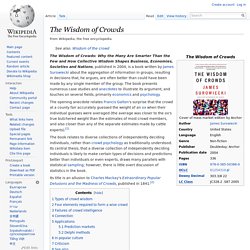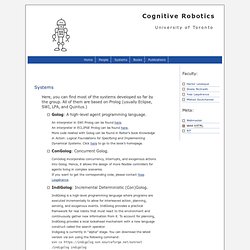

OASIS XML Interchange Language (XMILE) for System Dynamics TC. Defining an open XML protocol for sharing interoperable system dynamics models and simulations.

Steven Adler, adler1@us.ibm.com, ChairKarim Chichakly, kchichakly@iseesystems.com, Chair Table of Contents Announcements Participation in the OASIS XMILE TC is open to all interested parties. Contact join@oasis-open.org for more information. Overview Members of the OASIS XML Interchange Language (XMILE) for System Dynamics TC are working to develop an open XML protocol for sharing interoperable SD models and simulations.
XMILE will enable System Dynamics models to be reused with Big Data sets to show how different policies produce different outcomes in complex environments. Using XMILE, online repositories may be created to model common business decisions. For more information on the XMILE TC, see the TC Charter. Subcommittees No subcommittees have been formed for this TC. TC Liaisons No TC Liaisons have been announced for this TC. TC Tools and Approved Publications External Resources. The Wisdom of Crowds. The Wisdom of Crowds: Why the Many Are Smarter Than the Few and How Collective Wisdom Shapes Business, Economies, Societies and Nations, published in 2004, is a book written by James Surowiecki about the aggregation of information in groups, resulting in decisions that, he argues, are often better than could have been made by any single member of the group.

The book presents numerous case studies and anecdotes to illustrate its argument, and touches on several fields, primarily economics and psychology. The opening anecdote relates Francis Galton's surprise that the crowd at a county fair accurately guessed the weight of an ox when their individual guesses were averaged (the average was closer to the ox's true butchered weight than the estimates of most crowd members, and also closer than any of the separate estimates made by cattle experts).[1] Types of crowd wisdom[edit] Surowiecki breaks down the advantages he sees in disorganized decisions into three main types, which he classifies as.
Simulation for the Social Scientist: program files. Simulation for the Social Scientist: web links.
Techniques to Understand Computer Simulations. Agent Based Simulation and Public Policy Making. SIMIAN. Open Agent Based Modeling Consortium. Agent Modeling Platform (AMP) (link is external) “The AMP project provides extensible frameworks and exemplary tools for representing, editing, generating, executing and visualizing agent-based models (ABMs) and any other domain requiring spatial, behavioral and functional features.” AnyLogic (link is external) A Java-based modeling platform deployed on Eclipse that supports “System Dynamics, Process-centric (AKA Discrete Event), and Agent Based modeling.”
Ascape (link is external) A platform “designed to be flexible and powerful, but also approachable, easy to use and expressive. Breve (link is external) A Java-based platform for “generating 3D simulations of multi-agent systems and artificial life.” Cormas (link is external) A natural resources simulation platform based on VisualWorks, using models written in SmallTalk, “is oriented towards the representation of interactions between stakeholders about the use of natural renewable resources.” DEVS-Suite (link is external) A Framework for Megascale Agent Based Model Simulations on Graphics Processing Units.
Hexagonal Engineering - Honeycomb Page. Cognitive Robotics » Systems. Here, you can find most of the systems developed so far by the group.

All of them are based on Prolog (usually Eclipse, SWI, LPA, and Quintus.) Golog: A high-level agent programming language. An interpreter in SWI Prolog can be found here. An interpreter in ECLIPSE Prolog can be found here. More code related with Golog can be found in Reiter’s book Knowledge in Action: Logical Foundations for Specifying and Implementing Dynamical Systems. Before using any of the systems listed above please read the following disclaimer carefully: This software was developed by the Cognitive Robotics Group under the direction of Hector Levesque and Ray Reiter.Do not distribute without permission.
Declarative Agent Languages and Technologies (DALT 2011)